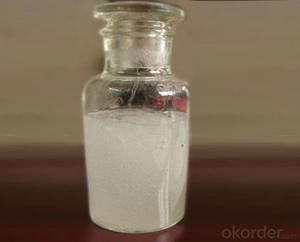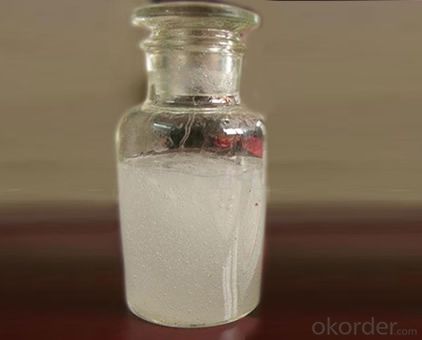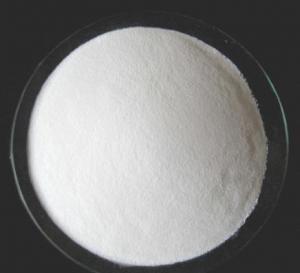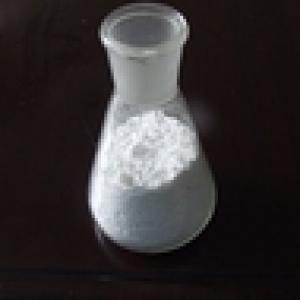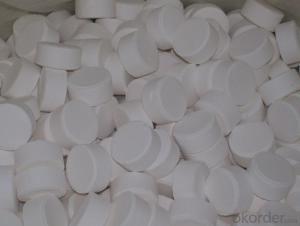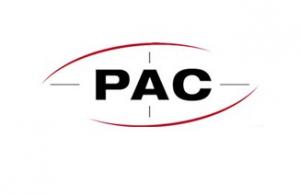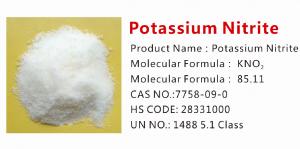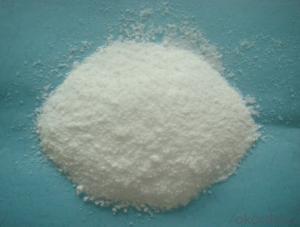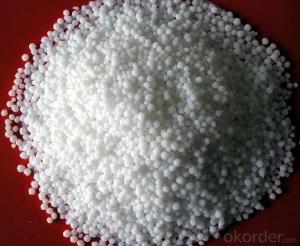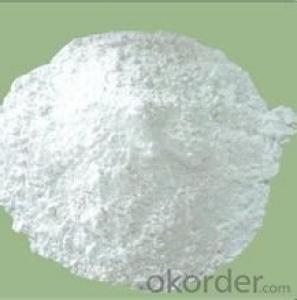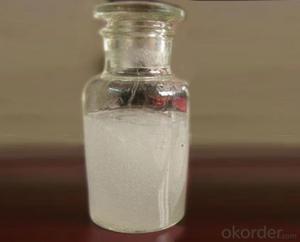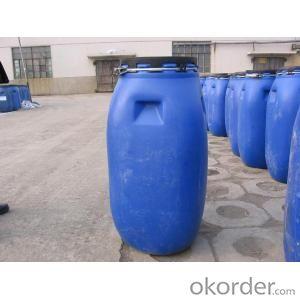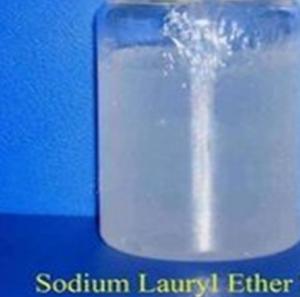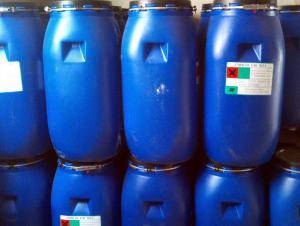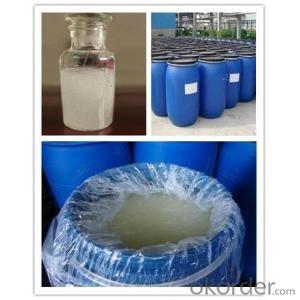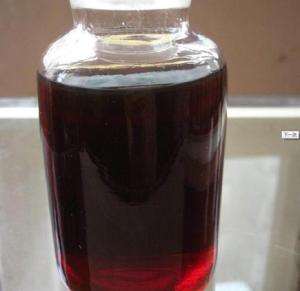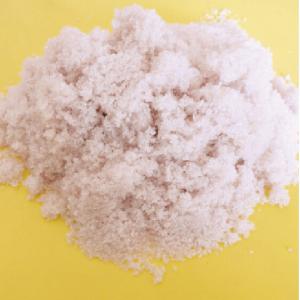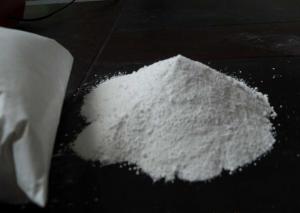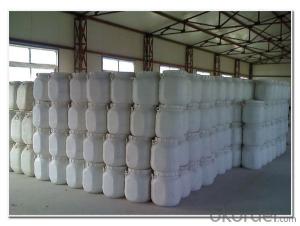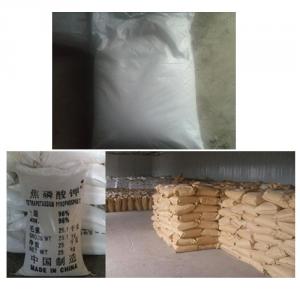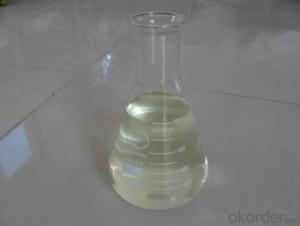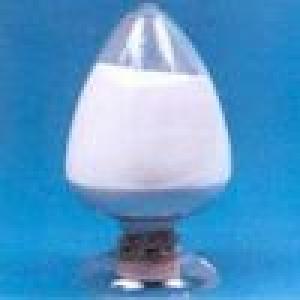Top Quality of SLES70% and with Best Price
- Loading Port:
- Shanghai
- Payment Terms:
- TT OR LC
- Min Order Qty:
- 17.6
- Supply Capability:
- 3000 m.t./month
OKorder Service Pledge
OKorder Financial Service
You Might Also Like
Specifications
1.Product name:SLES70%
2.CAS#:68585-34-2
3.Molecular formula:RO(C2H4O)2SO3Na
4.Purity:99% min
Usage:It is a very broad use of detergent raw materials, it is widely used to produce various types of liquid and semi-solid detergent and cleaning products in public places. Has excellent solubility characteristics, to produce a rich foam, gentle nature will not damage the skin wash.
Packing: 110KG, 160KG, 220KG Plastic Drums
Delivery: Within one week after payment done.
Description:
SLES is a kind of anionic surfactant with excellent performance.it is easily dissolved in water. it is widely used in liquid detergent,such as dishware,shampoo,bubble bath and hand cleaner,ect.SlES can also be used in washing powder and detergent for heavy dirty.Using it to replace LAS,phosphate can be saved or reduced,and general dosage of active matter is reduced.In textile,printing and dyeing,oil and leather industries,dyeing agent,cleaner,foaming agent and degreasing agent.
- Q: Please help i need the answer for a classwork assignment due today. I've looked everywhere online but i cant find the answer.
- the web page (below) discusses: Basal Salt Mixtures The use of balanced salt solution (BSS) in cell and tissue culture is generally attributed to early workers in the field. In 1885, Sydney Ringer developed a solution of inorganic salts designed to maintain contractility of mammalian heart tissue. A less specific salt solution was designed by Tyrode for use in work with primary mammalian cells. Tyrode's salt solution became the accepted fluid for diluting protein components of media of natural origin. Since that time, many other balanced salt solutions have been developed for use in cell and tissue culture. The current role of balanced salt solution in cell culture is multi-faceted and can be divided into four principle functions. see web page for extensive discussion on the good things about it
- Q: During the different periods of plant growth, the amount of water and inorganic salt required is different.
- Plant life, although the need for a variety of inorganic salts, but different plants on the various types of inorganic salt requirements are different, such as cabbage, spinach and other human needs leaves of vegetables need nitrogen containing inorganic salts, tomato, peanuts need phosphorus Of the inorganic salt and more, sweet potatoes, potatoes need potassium-containing inorganic salts; the same plant with the growth period of the different requirements of inorganic salts are not the same, for example, plants in the seedling period requires nitrogenous inorganic salts , In the flowering, the results of the period of time need more phosphorus-containing inorganic salts. Therefore, different plants and the same plant growth period, the need for inorganic salts are different. So the answer is: different; different
- Q: Which crop feet can provide C N inorganic salts for fungal growth
- Plant growth requires a variety of inorganic salts, which require the most is nitrogen, phosphorus, potassium containing inorganic salts. If a lack of some inorganic salts, plants can not grow normally. Kind of crops need fertilization, farm manure contains organic matter, the microbial decomposition of the soil will produce a large number of inorganic salts for plant growth and utilization, the role of fertilizer is to provide a variety of plant growth of inorganic salts. Therefore, in agricultural production, the application of fertilizer and farm manure is intended to provide a variety of inorganic salts for crops.
- Q: How to add inorganic salts
- Helicobacter pylori can cause a variety of stomach problems, including gastritis, gastric ulcer, duodenal ulcer, non-ulcerative indigestion, gastric cancer. Therefore, the eradication of Helicobacter pylori has become an important measure for the treatment of modern gastrointestinal diseases. To identify patients with Helicobacter pylori infection, the clinical need for a high sensitivity, specificity, fast, simple, safe, inexpensive Hp diagnostic method, that is, carbon 14 breath test. The examination and painless, noninvasive, fast and simple, no cross the advantages of infection, experts at home and abroad have been recommended for the diagnosis of Hp gold standard, has been widely used in clinical practice.
- Q: What are the effects of inorganic salts on plant growth?
- P: to promote the development of seedlings and flowers open, so that the fruit, the seeds mature early. Lack of performance: the plant is particularly short, leaves were green, and purple.
- Q: Sodiumcorbonate is inorganic salt , why it is not organic substance even it contains carbon?
- Organic molecules have carbon to carbon bonds. EDIT: I wonder why I got a thumb down for stating the definition of an organic molecule? Yahoo answers is a weird place. If there's only one carbon atom in a molecule its not an organic molecule, because there can be no C-C bonds...
- Q: How can experiments prove that there are inorganic salts in the leaves of plants
- The experimental leaves used to dry, crushed into powder or sintered ash, and then the analysis of mineral elements, we can learn.
- Q: Does the plant absorb some of the inorganic salt?
- Plants absorb moisture and absorb inorganic salts are two relatively independent processes.
- Q: Lack of calcium, phosphorus, iron, zinc inorganic salt should eat what?
- Drinking milk is more appropriate to do a proper practice, the milk is rich in calcium, phosphorus, iron, and zinc. There is a food that is eaten inside the sea, the sea of food is basically the content of inorganic salts are relatively high.
- Q: Would the amount of saltwater drops a penny surface could hold without spilling increase, or decrease, as the salt concentration increases? Also, maybe an explanation behind why it increases/decreases?Thank you!
- The source below says inorganic salts increase surface tension. In the present case increasing the concentration of salt (and so increasing the surface tension) would result in an increase in the number of drops being held on the surface of the penny.
Send your message to us
Top Quality of SLES70% and with Best Price
- Loading Port:
- Shanghai
- Payment Terms:
- TT OR LC
- Min Order Qty:
- 17.6
- Supply Capability:
- 3000 m.t./month
OKorder Service Pledge
OKorder Financial Service
Similar products
Hot products
Hot Searches
